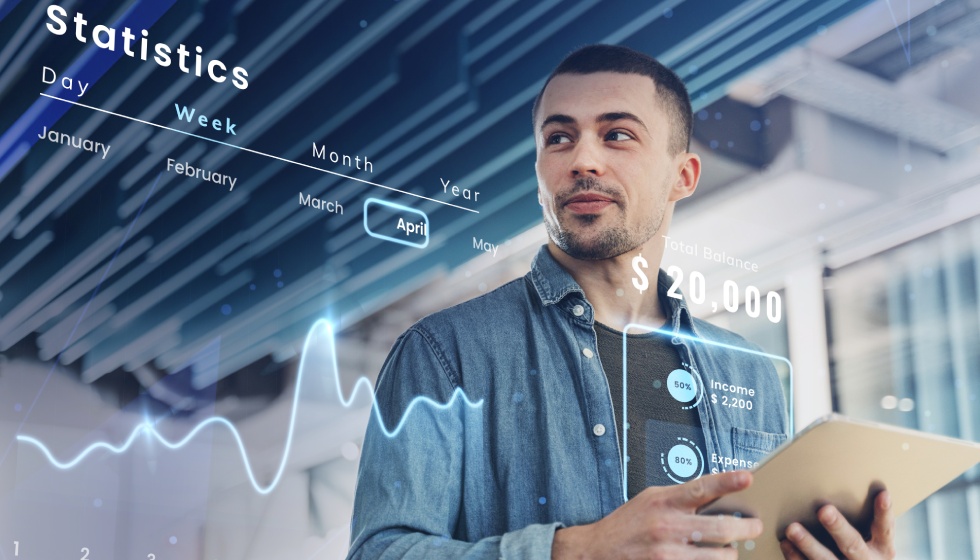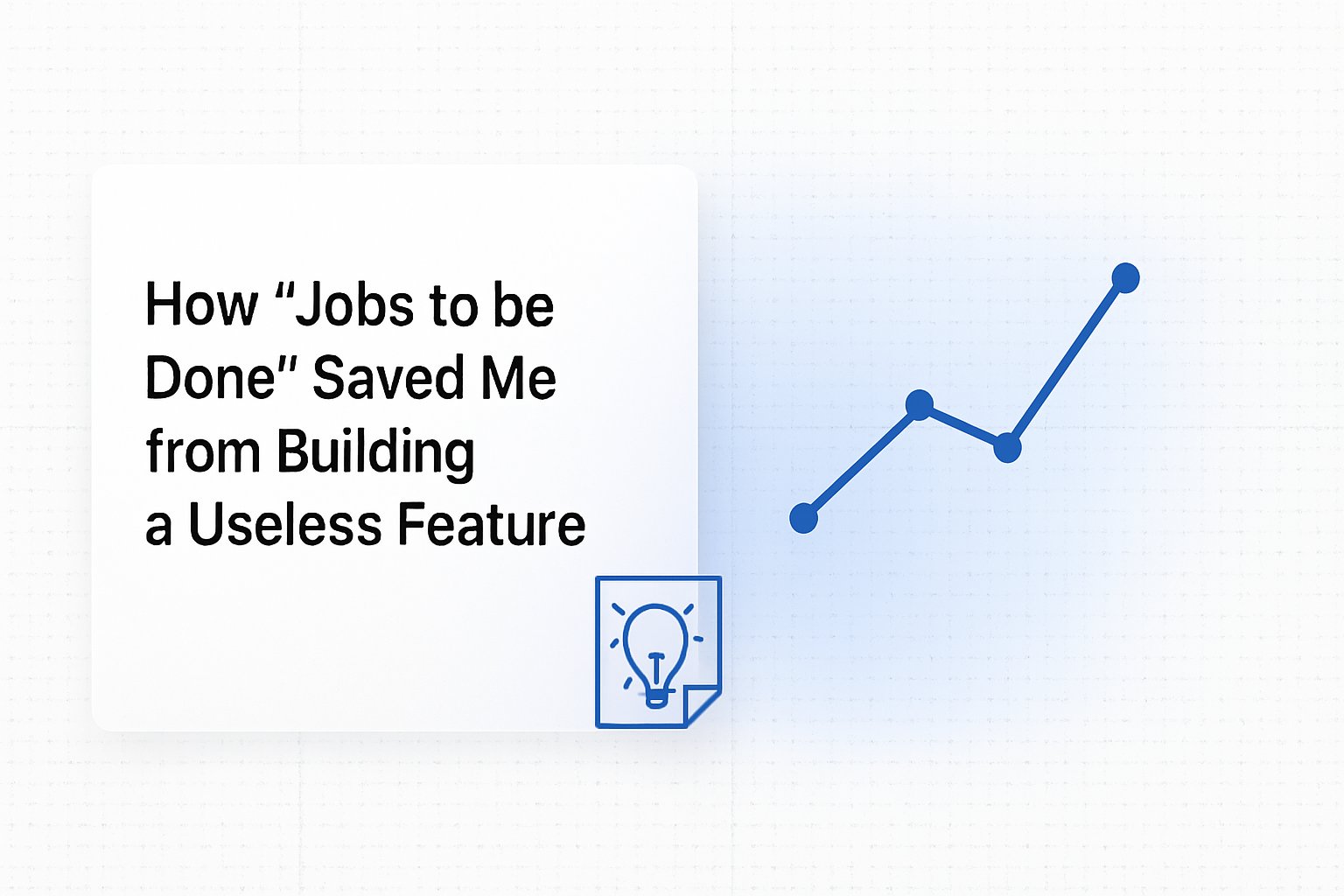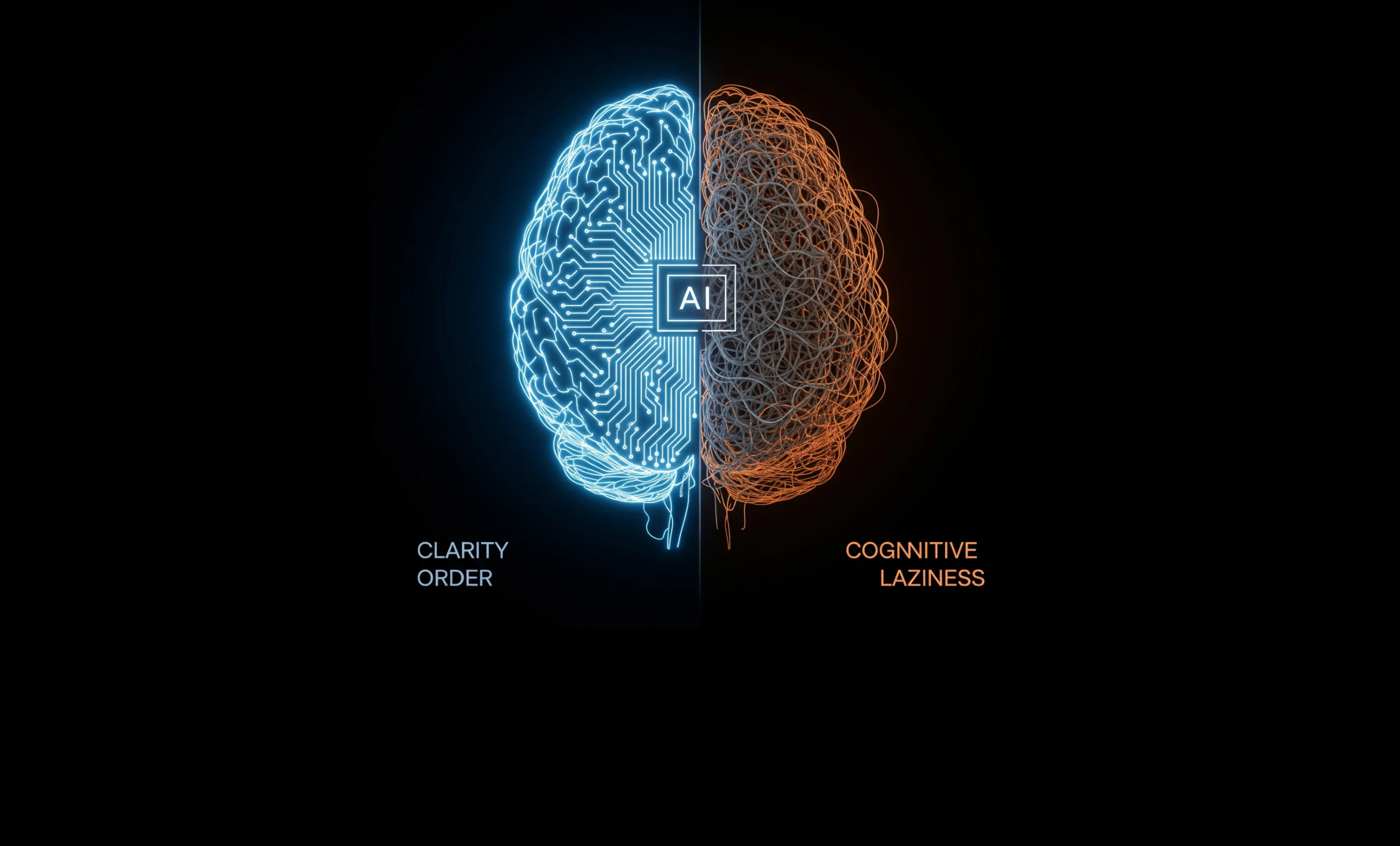Imagine walking into a store where everything—from the lighting to the product recommendations—is tailored specifically for you. Or consider a business that can predict market shifts before they happen and adapt in real-time. This isn’t science fiction; it’s the power of data science at work and the impact of data science on business.
Businesses today are no longer relying on intuition or past experiences alone. Instead, they leverage vast amounts of data to uncover patterns, predict outcomes, and make smarter decisions. From optimizing supply chains to creating hyper-personalized customer experiences, data science is reshaping the future of business.
But with all these advancements come challenges. How can businesses harness data science effectively without falling into common pitfalls? And what does this mean for industries traditionally relying on human expertise? In this post, I’ll explore the impact of data science on business, how data science revolutionizes business, and what lies ahead in this data-driven era.
The Power of Data: Why It Matters?
Data is often called “the new oil,” but unlike oil, its value doesn’t diminish with use—it grows. Businesses generate massive amounts of data from customer interactions, transactions, and online behaviors every second. However, raw data alone isn’t valuable; it matters how businesses extract insights from it.
– A Data-Driven Competitive Edge
Companies that effectively utilize data science gain a significant competitive advantage. Take Amazon, for example. Its recommendation engine, powered by machine learning, generates 35% of its total sales. Netflix, another data-driven giant, saves over a billion dollars annually by predicting user preferences and reducing churn.
– From Gut Feeling to Data-Driven Decisions
Traditional business strategies often relied on experience and intuition. But today, data analytics provides a level of precision that human judgment alone cannot match. For instance, retailers use predictive analytics to forecast demand and optimize inventory, reducing waste and maximizing profits.
– Real-Time Adaptability
One of data science’s biggest strengths is its ability to enable businesses to react in real-time. Financial institutions detect fraudulent transactions within milliseconds, e-commerce platforms adjust pricing dynamically, and marketing teams personalize ads based on live user behavior.
When you look at the impact of data science on business, it is no longer a luxury for businesses—it’s a necessity. Companies that fail to adapt risk being left behind in an increasingly data-driven world.
Key Ways Data Science is Transforming Businesses
Data science is not just improving business processes—it’s fundamentally changing how businesses operate. Here are the most impactful ways it is reshaping industries:

1. Personalization and Customer Experience
Consumers today expect personalized interactions. Data science enables businesses to analyze browsing behavior, purchase history, and even social media activity to deliver hyper-personalized recommendations.
- E-commerce: Platforms like Amazon and Shopify use AI to tailor product suggestions, increasing conversion rates.
- Streaming services: Netflix and Spotify curate content based on user preferences.
- Retail stores: Brands use in-store analytics to adjust store layouts and optimize product placement in real-time.
2. Data-Driven Decision Making
Companies that embrace data-driven decision-making outperform those that rely solely on experience. Businesses use data science to:
- Identify market trends: Businesses leverage predictive analytics to forecast demand shifts.
- Optimize pricing strategies: Using real-time data, airlines and ride-sharing apps adjust prices dynamically.
- Enhance customer retention: Companies use data to identify at-risk customers and implement targeted retention campaigns.
3. Automation and AI-Powered Efficiency
AI-driven automation is revolutionizing operations across industries.
- Manufacturing: Predictive maintenance reduces downtime by detecting equipment failures before they occur.
- Customer support: AI chatbots handle routine inquiries, allowing human agents to focus on complex issues.
- Finance: Robotic process automation (RPA) speeds up document processing and fraud detection.
4. Predictive Analytics for Business Growth
Companies no longer just react to trends—they anticipate them. Predictive analytics helps businesses:
- Forecast sales and revenue: Companies like Walmart use historical data to predict demand spikes.
- Improve hiring processes: HR teams use AI to assess candidate potential based on past hiring data.
- Optimize supply chains: Logistics companies use predictive analytics to streamline deliveries.
5. Fraud Detection and Risk Management
Cybersecurity threats are rising, but data science is helping businesses stay ahead.
- Banking: AI-powered fraud detection systems analyze millions of transactions in real time.
- E-commerce: Companies use machine learning to prevent fake reviews and payment fraud.
- Insurance: AI assesses risk profiles, reducing fraudulent claims.
Challenges and Ethical Concerns in Data Science
While data science is transforming businesses, it also comes with significant challenges and ethical dilemmas. As companies collect and analyze vast amounts of data, issues surrounding privacy, bias, and transparency become more critical than ever.

1. Data Privacy and Security Risks
One of the biggest concerns in data science is protecting sensitive information. Businesses collect massive amounts of customer data—purchase history, browsing behavior, even biometric data—raising the risk of cyberattacks and unauthorized access.
- High-profile breaches: Companies like Facebook, Equifax, and Marriott have suffered major data leaks, exposing millions of users’ private information.
- Regulatory challenges: Laws like GDPR and CCPA impose strict guidelines on how businesses collect, store, and use customer data, making compliance a growing concern.
- Consumer trust: A single data breach can damage a brand’s reputation and lead to significant financial losses. Businesses must prioritize cybersecurity and implement strong encryption and access controls.
2. Bias and Fairness in AI Models
Data science is only as good as the data it’s built on. If the input data is biased, the AI models trained on it will also be biased. This can lead to unfair decisions in hiring, lending, healthcare, and law enforcement.
- Hiring discrimination: Some AI-driven recruitment tools have been found to favor certain demographics while rejecting others unfairly.
- Credit scoring bias: AI-powered financial systems have been criticized for denying loans to specific groups due to biased training data.
- Predictive policing: Law enforcement agencies using AI for crime prediction have faced backlash for reinforcing existing biases in policing.
To address these issues, businesses must ensure diversity in training data, implement fairness checks, and develop transparent AI models.
3. Ethical Use of Consumer Data
Just because businesses can collect data doesn’t mean they should. Many companies track users across devices and platforms without explicit consent, raising ethical concerns.
- Dark patterns in UX: Some businesses manipulate users into sharing more data than they realize.
- Targeted advertising concerns: Companies like Facebook and Google face criticism for using personal data to influence consumer behavior and even political opinions.
- Data monetization: Selling user data to third parties without clear consent is a common but controversial practice.
Ethical data use requires transparency, clear opt-in policies, and respect for user privacy. Companies that prioritize ethical practices avoid legal trouble and build stronger customer relationships.
4. The Skills Gap in Data Science
Despite the growing demand for data science, there’s a shortage of skilled professionals. Many businesses struggle to find qualified data scientists who can translate raw data into actionable insights.
- Talent shortage: Companies often compete for a limited pool of experienced data scientists.
- Training and upskilling: Businesses must invest in continuous learning programs to bridge the gap.
- The AI arms race: Leading tech companies dominate the industry, making it harder for smaller businesses to attract top talent.
Companies prioritizing education, collaboration, and knowledge-sharing will be better equipped to overcome these challenges.
The Future of Data Science in Business
As technology advances, data science will continue to evolve, shaping the future of business in unprecedented ways. Here are some key trends that will define the next decade and the impact of data science on business:

1. AI-Powered Decision Making
Data science is moving beyond analysis and into decision automation. Businesses will increasingly rely on AI to make real-time strategic decisions.
- Dynamic pricing: AI will adjust prices in real-time based on demand, competition, and customer behavior.
- Automated supply chains: Businesses will use predictive analytics to anticipate shortages and streamline logistics.
- AI-driven marketing: Personalized campaigns will become more accurate, reducing ad spend waste.
2. The Rise of Explainable AI (XAI)
As AI models become more complex, the need for transparency grows. Explainable AI (XAI) aims to make machine learning decisions understandable to humans.
- Trust and accountability: Businesses will need to explain AI-driven decisions to customers and regulators.
- Reducing bias: Transparent AI models will help identify and mitigate biases in data.
- Better adoption: Companies that use XAI will have a competitive edge in industries requiring high accountability, such as finance and healthcare.
3. Edge Computing and Real-Time Analytics
With the growth of IoT devices, businesses will process data closer to its source rather than relying on centralized cloud storage.
- Faster insights: Edge computing will enable real-time data processing, improving efficiency in industries like manufacturing and retail.
- Reduced latency: Businesses will make quicker decisions based on instant analytics.
- Improved security: Processing data locally will reduce exposure to cyber threats.
4. Ethical AI and Responsible Data Usage
Regulatory frameworks will continue to evolve, pushing businesses toward ethical AI practices.
- Stricter regulations: Governments will introduce new laws to ensure responsible AI use.
- Corporate responsibility: Businesses prioritizing ethical AI will gain consumer trust and brand loyalty.
- Privacy-first strategies: Companies must adopt privacy-centric approaches to data collection and usage.
The future belongs to businesses that can balance innovation with ethical responsibility. Those who fail to adapt will struggle to survive in an increasingly data-driven world.
Conclusion: The Business Imperative of Data Science
Data science is no longer optional—the impact of data science on business shows it is the driving force behind modern business success. Companies that embrace data-driven strategies will gain a competitive advantage, while those that resist change risk falling behind.
From enhancing customer experiences to optimizing operations, data science is transforming every aspect of business. However, with great power comes great responsibility. Ethical concerns, privacy issues, and AI bias must be addressed to ensure data science benefits everyone.
If you’re a business leader, now is the time to invest in data literacy, ethical AI, and innovative data strategies. The future of business belongs to those who can harness the power of data science while maintaining trust and integrity.
Are you ready to leverage data science for growth?
Let’s connect and explore how you can build a data-driven future for your business!
I am Reza Ghaderipour, and here on my Personal Website, I talk about my experiences, insights, and what I’ve learned. Make sure to check my insights.




